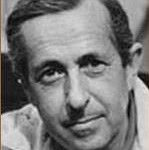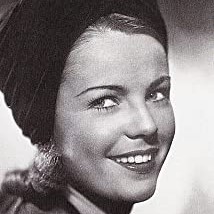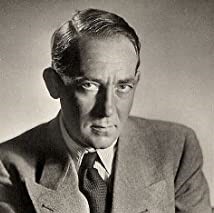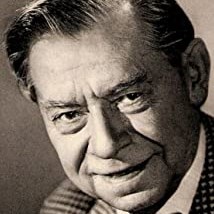
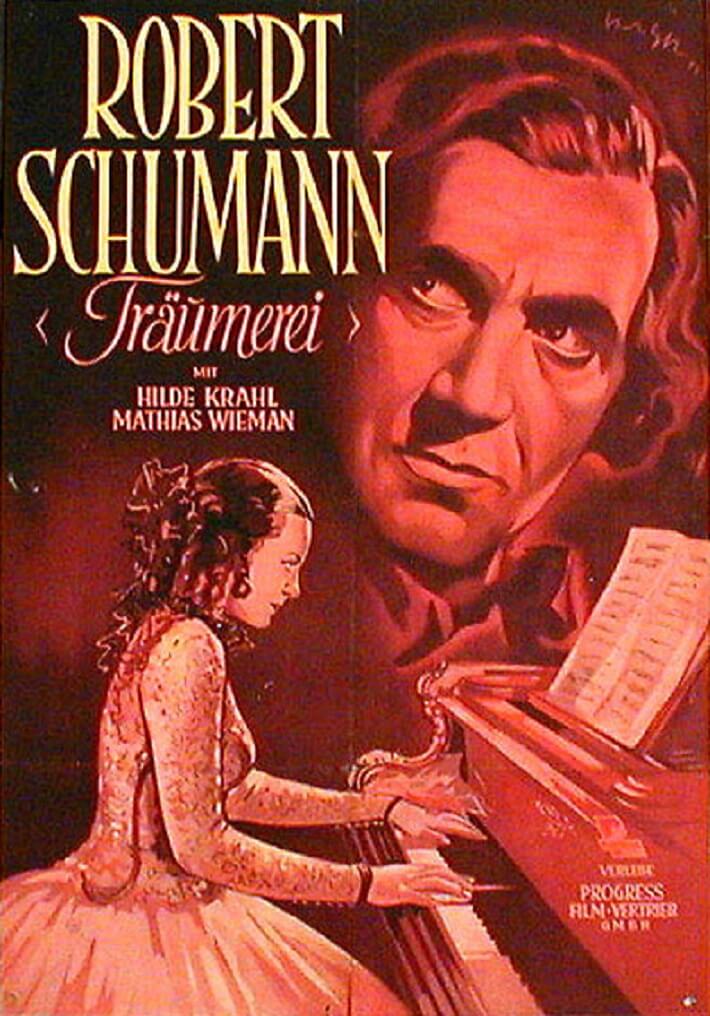
1944
Dreaming
Clara Wieck meets the talented Robert Schumann in her father’s Leipzig music school. And entirely against her father’s wishes, who thinks only of her future artistic career, she falls in love with Robert. The final break comes after a successful tour as a pianist at the side of Franz Liszt. She returns to Leipzig shortly thereafter and marries Schumann. She’s happy and lives only for her family. Her husband writes his best pieces during this time, too. After a lot of pressure, Liszt is able to convince Clara to go on a new concert tour. The happy couple leaves on their musical journey. But the life of a wandering artist doesn’t suit Robert Schumann, who is ill: for the longest time, he’s suffered from severe depression. His condition becomes ever more hopeless. He’s lost the will to live and he sinks into a deep melancholy. When Clara visits him in the sanatorium shortly before his death, a mentally deranged Schumann doesn’t even recognize her anymore.
Additional materials
Frühlingssinfonie / Spring symphony (1983)
Song Of Love (1947)
Admin comments
I think that the most dramatic scene is at the 39th to 42nd min. when Clara takes off her wedding band (symbolic gesture) and starts playing piano. Look at her father’s (actor Friedrich Kayssler) facial expression. This is what I call Acting with a capital letter. We can feel all his emotions without a word being said. Sorrow and joy. What could his daughter have achieved if she had chosen a career instead of a marriage. Shumann’s (great Mathias Wieman) face is equally telling. Was it the right decision to accept Clara’s sacrifice of her career? But Clara ends her play and puts on her wedding band symbolizing that she is back as a devoted wife.
Clearly an expensive production, it’s full of atmosphere, stylish lighting, swooping camera tracking and so on. It’s played and written in a high, heartwarming tone which fits very well with the style. There are some very effective scenes when Schumann begins to lose his mind, particularly one when his mind is gone and he is a patient in a psychic ward, this accompanied by deceptively happy music. Fantastic camerawork. Overall, a great piece of cinematic art, especially in comparison with a primitive and full of clichés 1947 Hollywood production- Song of Love, which was directed by a former car salesman (can’t make this up) Clarence Brown. The main draw of this movie is a mediocre and terribly miscast 47-year-old Katharine Hepburn playing a 17-year-old pianist.
Also, a 1983 German production: “Spring Symphony” is offered here for viewing and comparison. In my opinion “Spring Symphony” highlights the level of degradation reached by the post war Germany cinema. I had a feeling that I fell out in shit after watching this movie. It is very symbolical that the director of that “movie” is Peter Schamoni, a signatory of the 1962 Oberhausen Manifesto and a representative of the so called New German Cinema. This gives a viewer an impression of what this New German Cinema is about. It is illustrative, that the great Helmut Käutner left the cinema because of this letter.
Cast & Crew
User Reviews
There are no reviews yet. Be the first one to write one.
